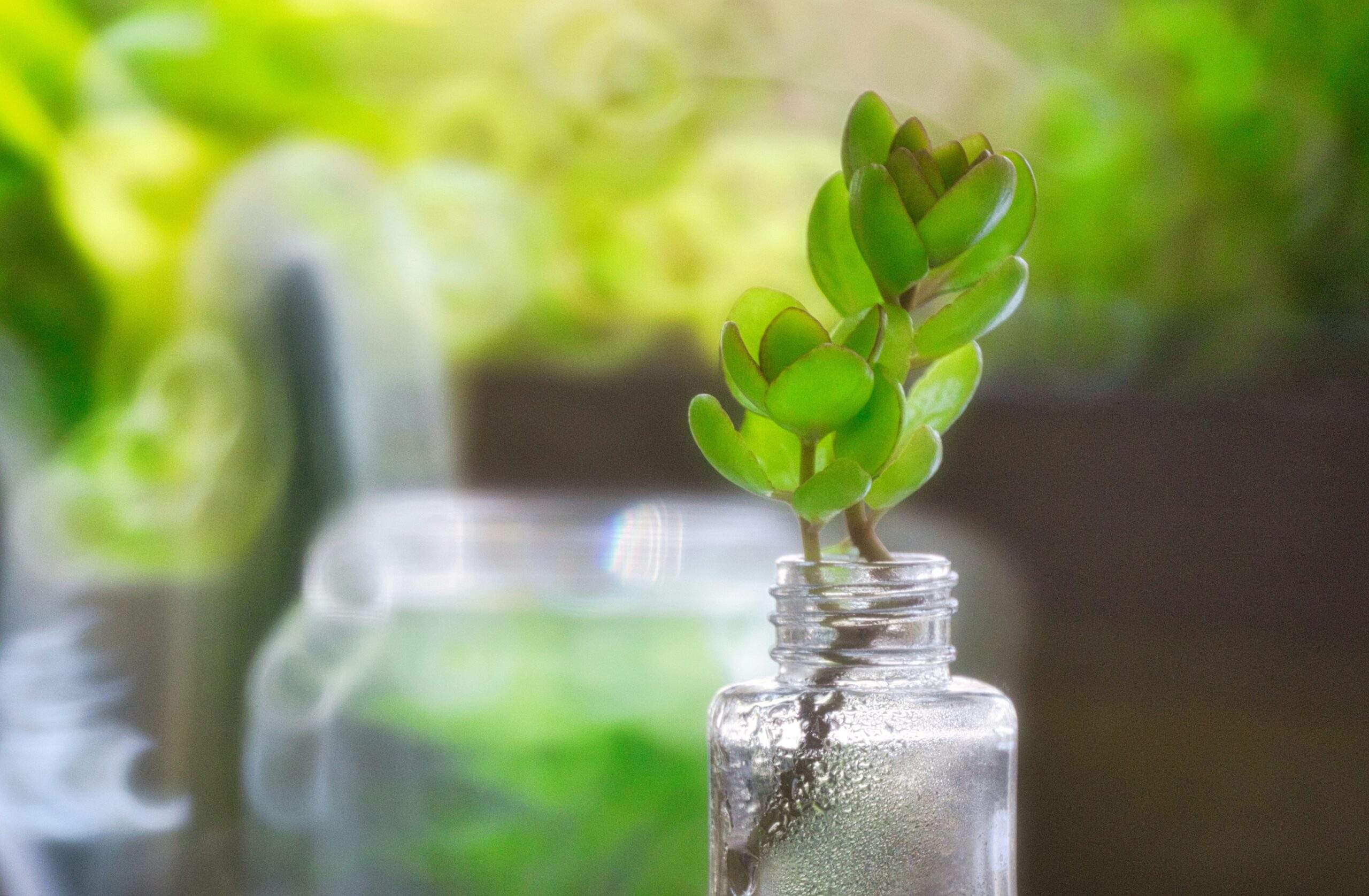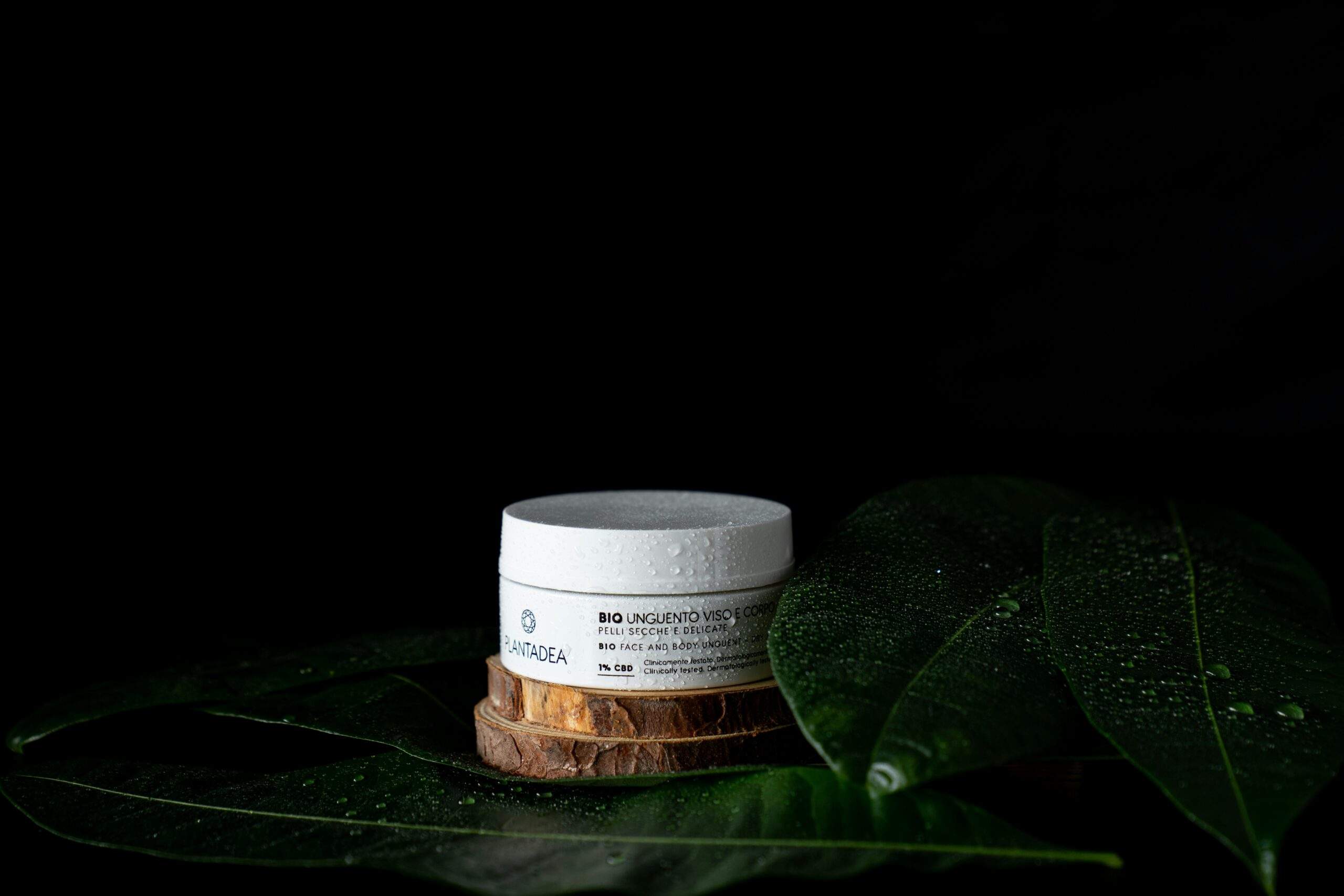Hook: Ever stared at a skincare label only to realize you need a PhD in chemistry just to pronounce half the ingredients? Yeah, we’ve all been there.
In an age where sustainability is trending harder than avocado toast, your skin deserves more than just “clean” promises—it craves real, organic goodness. But how do you embrace sustainable skincare habits without turning your bathroom into a science lab or draining your wallet?
This guide will walk you through the ins and outs of sustainable skincare habits using organic plants—because Mother Nature knows best. You’ll learn about eco-friendly routines, actionable steps for implementation, insider tips, and even some brutal honesty along the way. Let’s dive in!
Table of Contents
- Why Sustainable Skincare Habits Matter
- Step-by-Step Guide to Building Eco-Friendly Routines
- Top 5 Tips for Sustainable Skincare
- Real-Life Examples of Green Beauty Successes
- Frequently Asked Questions About Sustainable Skincare
Key Takeaways
- Sustainable skincare habits start with understanding ingredient transparency.
- Organic plants are powerhouses of nutrients for glowing, healthy skin.
- Avoid overly complicated routines; simplicity = sustainability.
- Eco-conscious choices don’t have to break the bank.
Why Sustainable Skincare Habits Matter

Skincare isn’t just vanity—it’s self-care. And yet, did you know that over 120 billion units of packaging are produced globally by the beauty industry each year? That’s enough plastic to circle the Earth four times! Not exactly “self-care” when it harms the planet, right?
I once bought this fancy serum claiming “clean” formulas—but guess what? It contained five different synthetic preservatives hidden under scientific names I couldn’t Google fast enough. Lesson learned: If you can’t spell it, maybe skip it.
The good news? Incorporating organic plants into your skincare routine not only benefits your skin but also reduces environmental impact. Think aloe vera for hydration, chamomile for calming redness, or rosehip oil for anti-aging. These natural wonders are effective, affordable, and kinder to the planet.
Step-by-Step Guide to Building Eco-Friendly Routines
Optimist You: “I’m ready to go green!”
Grumpy You: “Ugh, fine—but only if coffee’s involved.”
Step 1: Audit Your Current Products
Pull out everything from your vanity drawer. Be ruthless. Do they contain parabens, sulfates, or other nasties? Are their containers recyclable? Time to Marie Kondo your skincare stash—keep only what truly sparks joy (and aligns with sustainability).
Step 2: Research Brands That Use Organic Plants
Support brands committed to sustainability. Look for certifications like USDA Organic or COSMOS-standard logos. A quick Instagram search (#GreenBeauty) might surprise you with ethical gems hiding in plain sight.
Step 3: DIY Natural Alternatives
Sounds intimidating, but trust me—it’s easier than editing DSLR photos in Photoshop. Try this DIY face mask recipe: mash up an avocado, add honey, and voilà! Instant glow-up minus the chemical drama.
Top 5 Tips for Sustainable Skincare
- Less Is More: Don’t overcomplicate your regimen. Stick to cleanser, moisturizer, and sunscreen—the holy trinity of skincare.
- Multipurpose Products: Opt for items like tinted sunscreens or oils that double as serums.
- Reusable Tools: Swap cotton pads for reusable bamboo ones. Save trees AND money!
- Buy Refills: Many brands now offer refillable options for jars and bottles.
- Terrible Tip Disclaimer: Never store homemade skincare in old jars longer than two weeks. Moldy skincare = NOT cute.
Real-Life Examples of Green Beauty Successes
Meet Sarah (@EcoGlowGal), who transitioned her entire skincare routine to plant-based alternatives last year. She swapped commercial toners for witch hazel extract and hasn’t looked back since. Her secret weapon? Neem oil for acne-prone skin—a game-changer!
Or take L’Occitane, whose commitment to sourcing shea butter ethically from Burkina Faso has empowered thousands of women while delivering luxurious results. Talk about skincare with heart.
Frequently Asked Questions About Sustainable Skincare
What does “organic” mean in skincare?
“Organic” refers to ingredients grown without pesticides or chemicals. Always check third-party certifications to avoid greenwashing.
Can sustainable skincare work for sensitive skin?
Absolutely! Many organic plants like calendula and oatmeal are known for soothing irritation naturally.
Is sustainable skincare expensive?
Not necessarily. While luxury brands exist, many affordable options are available—especially if you DIY recipes.
Conclusion
We’ve covered why sustainable skincare habits matter, walked through building eco-friendly routines, shared top tips, examined real-life wins, and answered FAQs—all centered around harnessing the power of organic plants. Remember, small changes make big waves over time.
Now go forth and embrace those sustainable skincare habits guilt-free. After all, taking care of yourself AND the planet is pretty much *chef’s kiss.*
Bonus easter egg: Like watering a Tamagotchi daily, sustainable skincare thrives on consistent love—and zero toxins. 🐛💚


